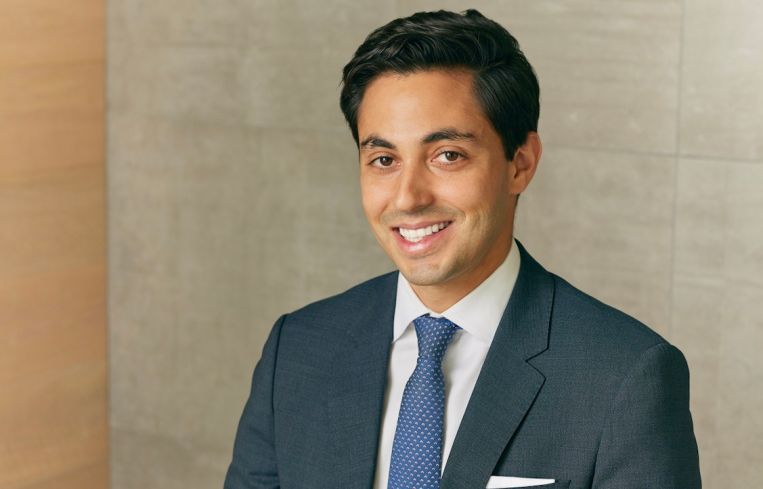5 Questions With Diego Bonet of Developer LD&D
By Jeff Ostrowski September 22, 2023 8:00 am
reprints
Miami development firm LD&D is in the midst of an ambitious run of development projects. It hopes to break ground this year on 500 Datura Street in West Palm Beach, which will include 180 apartments and 130 hotel rooms.
The company, founded by brothers Diego and Alejandro Bonet, also plans to start construction next year on a mixed-use project in Downtown Tampa with a mix of residential, retail and hospitality. The developer also completed Wynwood Haus, a 20-story multifamily building in Miami.
“The thesis is Florida population and economic growth – that’s what’s driving everything,” said Diego Bonet. “Being in Florida at the right time has made us look much smarter than we are.”
The younger Bonet spoke to Commercial Observer about the company’s plans. The following conversation has been edited for length and clarity.
Commercial Observer: Your most ambitious project yet is under way in Tampa.
Diego Bonet: It’s in the downtown district. We’ve liked Tampa for a while. We studied it for a few years before we finally found something we liked. The quality of life it offers is great. It’s very business-friendly, and it’s growing a lot. The Water Street development in Tampa is pretty remarkable – it feels more like Chicago or New York than Tampa. We like downtowns.
We were lucky to find a 2-acre lot at a price that made sense. We have site plan approval, and we’re now speaking with a few different general contractors. It’s 369 units, 28 stories and 33,000 square feet of retail, and there’s also a 178-key hotel component. But we’re actually partnering with another team for the hotel, and they’re taking the lead on the hotel. We’re hoping to break ground in the first quarter of next year.
What’s your biggest challenge?
There’s a lot of challenges right now. Between high financing costs and high construction costs, as well as the shock the capital markets got when the Federal Reserve raised interest rates so quickly, it’s challenging to raise capital. It has made it very hard for projects to get built.
For example, in West Palm Beach, when we started doing budget exercises with our general contractor, Moss Construction, it came in 30 percent higher than we thought it would when we started working on it a couple years ago. West Palm is a bit of a unique animal, because we think we can get very high rents there. Within a half mile of where we are, there’s a million square feet of Class A office – not even Class A, it’s trophy office. In the Tampa project, we’re being creative about doing value engineering, so it brings the cost down without lowering the quality of the project.
Can you give me an example of value engineering?
In the West Palm project, on the top level of the parking podium, we had planned to build a deck that was a garden – an amenity that we thought was not going to be used too much, and would use a lot of concrete. Instead, we’ll put a trellis over the parking garage. I don’t think you really lose anything by looking down on a trellis instead of a deck, and it does save a lot of concrete.
You mentioned the challenges around financing. What’s your source of money?
We work with family offices and institutional groups. For Wynwood Haus, our partner is Bridge Investment Group. They’re a public equity firm. We found that institutional groups right now tend to be mostly pencils down. Family offices tend to think a little bit differently about returns and holding periods. They see this as a blip in the trend of long-term growth of Florida. So we’ve been working more with family offices than with institutional investors.
Do you see climate change as a threat to Florida’s real estate market?
From a development perspective, the immediate threat we’re seeing is insurance pricing. Because of the impact of hurricanes, we’ve seen insurance costs skyrocket. For Wynwood House, we initially assumed our insurance cost would be less than $1,000 per unit. It’s coming at more than three times that. In the long term, insurance prices will probably keep going up as climate change becomes more of a present threat.
Jeff Ostrowski can be reached at jostrowski@commercialobserver.com.



